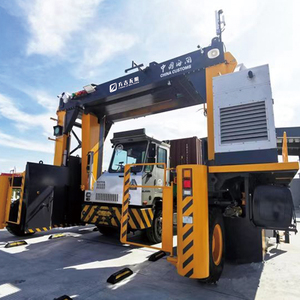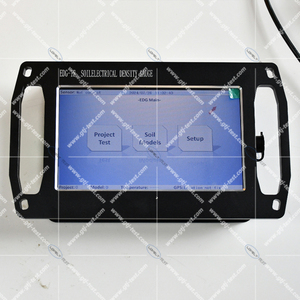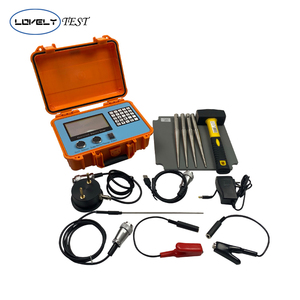Introduction to Radon Test Lab
In an era where health and safety are paramount, understanding the risks associated with radon exposure has become increasingly critical. A radon test lab provides essential services designed to detect and measure the levels of radon gas in residential and commercial properties. Radon is a colorless, odorless gas that occurs naturally from the decay of uranium found in soil, rock, and water, and prolonged exposure can lead to serious health issues, including lung cancer. Utilizing a radon test lab can empower homeowners and businesses to ensure their environments are safe and compliant with health standards.
Types of Radon Test Labs
- Short-term Radon Testing Labs: These labs are equipped to perform tests that typically last from 2 to 90 days. They provide rapid results, which is beneficial for quick assessments, especially during home sales or before making substantial renovations.
- Long-term Radon Testing Labs: Designed for tests that last more than 90 days, these labs yield more reliable data about radon levels over time. These results offer homeowners an accurate picture of radon exposure risk throughout different seasons.
- State-certified Testing Facilities: These labs meet stringent standards set by state regulations, ensuring credible results. Utilizing state-certified services guarantees adherence to best practices in testing methodology.
- DIY Radon Test Kits: Some radon test labs specialize in providing homeowners with do-it-yourself testing kits, suitable for individuals who prefer to conduct initial assessments independently.
Function and Features of Radon Test Labs
- Precision Measurement: Radon test labs employ state-of-the-art technology that accurately measures radon concentrations, providing peace of mind for property owners.
- Expert Analysis: Experienced technicians analyze samples and results with a high level of expertise, guiding clients on appropriate next steps to mitigate radon exposure.
- Comprehensive Reports: Clients receive detailed reports that include results, potential risks, and recommended actions, enabling informed decision-making regarding radon mitigation.
- Regulatory Compliance: Radon test labs can assist in ensuring properties adhere to local and federal health regulations concerning radon levels, crucial for real estate transactions and rental properties.
Applications of Radon Test Labs
- Home Inspection: Radon test labs are often utilized during property inspections prior to purchase, ensuring the safety of future occupants.
- Real Estate Transactions: Ensuring that homes meet safety standards is vital in real estate; radon test labs provide essential data that can influence buying decisions.
- Public Buildings Monitoring: Schools, hospitals, and government buildings often require regular testing to protect occupants from radon exposure.
- Remediation Projects: Following mitigative actions, radon test labs are essential in confirming that remediation systems are functioning effectively and safely.
Advantages of Using a Radon Test Lab
- Health Protection: Utilizing a radon test lab is a proactive step toward safeguarding the health of individuals who may otherwise be unaware of potentially dangerous radon levels.
- Informed Decision-Making: The data provided by tests empowers property owners to understand risks and make educated choices regarding property safety.
- Professional Guidance: Clients benefit from expert consultation and follow-up services, ensuring all necessary actions are taken to reduce radon exposure risks.
- Reassurance: Knowing that properties have been tested by professionals provides peace of mind, especially for families with children and vulnerable individuals.












































